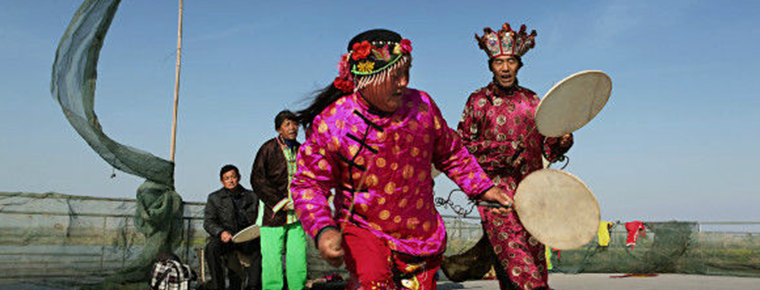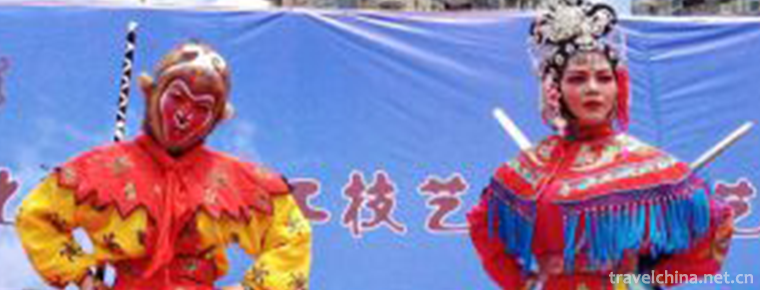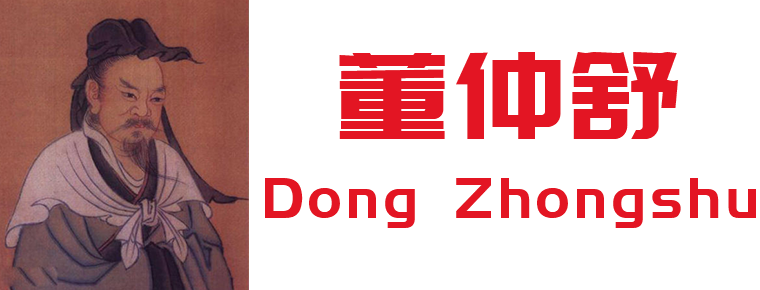Sacrifice forest
Sacrifice forest
Sacrifice to the gods of villages, as well as "Amaron" and "Pumatu" and other names, is a traditional festival of the Hani people, which takes villages as units and integrates religious and entertainment activities.
Main activities
The Hani people living in Ailao Mountains, Yunnan Province, no matter which branch they belong to, have an "Amatotu" festival, a festival to worship the gods of villages. Among them, the most important is the "Amatotu" of the Hani people in Pugui Village, Yinyuan Town, Yuanjiang County. Every year, they hold a three-day festival to worship the village shrines.
Two groups of male villagers, driving animals, carrying pots, bowls and ladles, were led by "Mobi" (religious leaders) to the water source Longtan and the mountain, two or three kilometers away from the village, for sacrificial activities. In the activities of offering sacrifices to mountain gods and dragon pools, people must take off their shoes, barefoot or wear socks before they can enter the sacrificial site. The next day, we will go to the deep mountain covered by forest - the source of the canal for sacrificial activities, and the sacrificial ditch can be entered by wearing shoes. In the activities of sacrificing mountain gods, sacrificing dragon pools and sacrificing water ditches, all the animals, big or small, are slaughtered and cooked on the spot. Boiled and then sacrificed to the gods - the tree of gods, and then shared, symbolizing the protection of the gods.
The sacrifice to the village god forest is the most lively, solemn and mysterious sacrificial activity in the past three days. In the early morning, when the morning glow was full and the weather was very good, the villagers rushed the cattle to the village immediately above the sacrificial platform of the village gods. Men are busy according to their division of labor, morning glory, water carrying, pot lifting, bowl taking, wine lifting, firewood delivering, fire making, water boiling... Smoke filled the forest of Zhai Shenlin, and people came and went on the sacrificial platform in a tense and orderly manner. Women are not allowed to participate in all sacrificial activities. There are also special rules for sacrificing the village gods. When slaughtering animals and sacrificing the God trees, no foreigners are allowed to take part in the sacrifice, let alone photograph by anyone.
After the completion of the main sacrificial activities every day, the villagers gathered in the village's only open space and danced "Canla and Twist" together happily and tirelessly. Drum and gong sounds are simple and pure, thick and distant, and the "Canla and Twist" dance is concise, lively and relaxed, with a jump lasting three or four hours.
Inheritance significance
"Sacrifice Village Shenlin" is a traditional folk festival in the Hani minority areas. Through annual sacrificial activities, we pray for a bumper harvest of Hani terrace agriculture; bless the villagers with prosperity, good luck, tranquility and natural communication; inherit Hani's traditional production and life, virtue, singing and dancing knowledge and skills; praise Hani's national spiritual wisdom, good morality; publicize and display the local Hani people's culture. The inheritance genealogy of Shenlin is very complex. The inheritors require strict conditions. They must have high moral values, both husband and wife, children, family harmony and no violation of discipline. The representative inheritor is Lu Literature, a villager of Dayutang Village, Tuguozhai Village Committee, Xinjie Town, Yuanyang County. His family has been the priest who presided over the sacrificial forest of the village since his great-grandfather (Hani: Migu).
Protection status
The sacrificial village of Shenlin is a kind of traditional skill and folk custom which was approved by the State Council in 2011 and listed in the third batch of national intangible cultural heritage list.
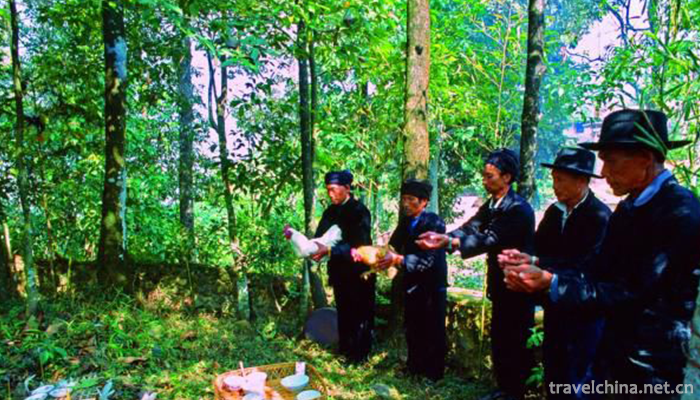
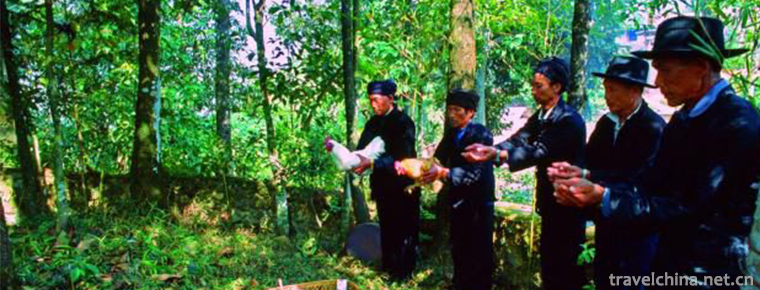
Sacrifice forest
-
Lujiazui
Lujiazui is located on the Huangpu River in Pudong New Area, Shanghai
Views: 200 Time 2018-10-12 -
Red Beach Scenic Area
Red Beach Scenic Spot is a national 4A class scenic spot and an excellent scenic spot in Liaoning Province. Located in Zhaohuanhe Township, Dawa County, Panjin City, Liaoning Province
Views: 185 Time 2019-01-16 -
Eight Diagrams porridge
Bagua porridge is derived from "Chinese recipe for longevity". Its main ingredients are turtle and japonica rice. It is made by boiling with other auxiliary ingredients. It can play a health
Views: 169 Time 2019-03-27 -
Legend of Anima Qingxueshan
The Legend of Anima Qing Snow Mountain refers to the legendary Anima Qing Mountain God, who is a powerful and upright God riding a high-headed white horse, holding a Mani bag (a treasure).
Views: 204 Time 2019-03-28 -
Custom of sacrificing ancestors to the great locust tree in Hongdong
During the period from Hongwu to Yongle in the Ming Dynasty, an unprecedented migration took place under the great locust tree in Hongtong. It lasted 50 years and moved 18 times
Views: 134 Time 2019-05-03 -
Fishing Drum of Hongze Lake
The fishing drum of Hongze Lake, also known as Duan Encouragement, is a form of dance in which the singing and dancing were combined in a specific area when the old Shenhan burned paper for fishermen
Views: 233 Time 2019-05-03 -
Jingdezhen Handmade Porcelain Craft
Jingdezhen Handmade Porcelain Craft, the traditional handmade Porcelain Craft in Jingdezhen City, Jiangxi Province, is one of the national intangible cultural heritage.
Views: 146 Time 2019-05-08 -
Lu Opera
Luju opera, formerly known as "pour seven operas", is commonly known as "small opera", "prayer and sacrifice opera", "small pour opera", "small barbaric op
Views: 156 Time 2019-05-15 -
Suzhou opera
On June 7, 2008, Hangzhou and Shaoxing City of Zhejiang Province jointly declared "Spring Spring Spring Spring Packing" which was approved by the State Council to be included in the second b
Views: 405 Time 2019-06-18 -
Wudang Shenju
Wudang Shenxi Opera is a kind of traditional opera in Xijiadian Town, Danjiangkou City, Hubei Province. It has a history of nearly 400 years since the Wang family absorbed Wudang culture and the music
Views: 349 Time 2019-06-30 -
Dong Zhongshu
Dong Zhongshu (179 BC - 104 years ago), Guang Chuan (Hebei Jingxian County southwest, Jingxian County, Gucheng, Zaoqiang three counties junction) people, the Western Han Dynasty. philosopher emperor j
Views: 132 Time 2019-09-07 -
University Of International Business And Economics
The University of Foreign Economic and Trade is a national key university directly under the Ministry of Education. The first batch of "211 Project" and the first batch of "double first
Views: 134 Time 2019-09-22





